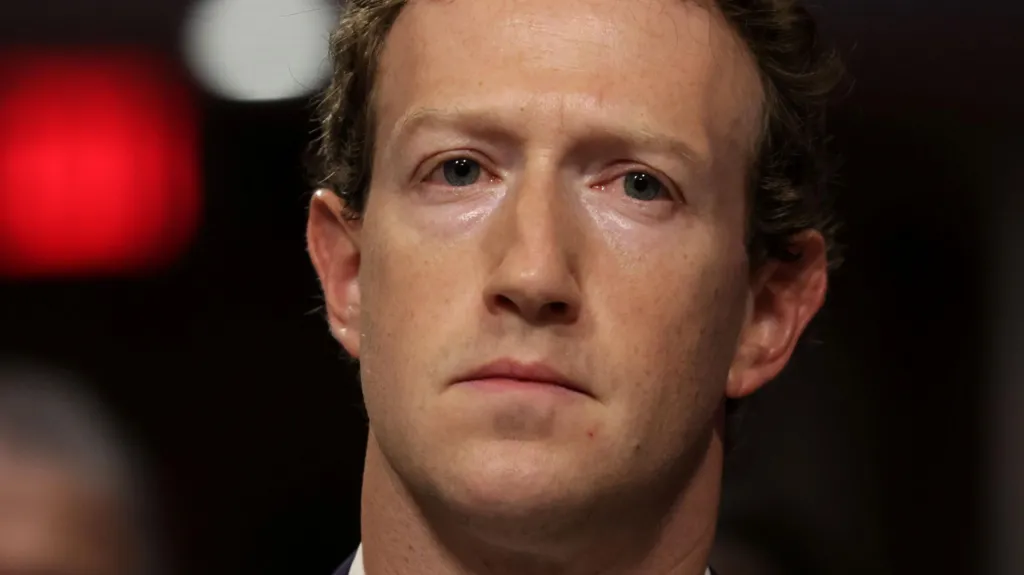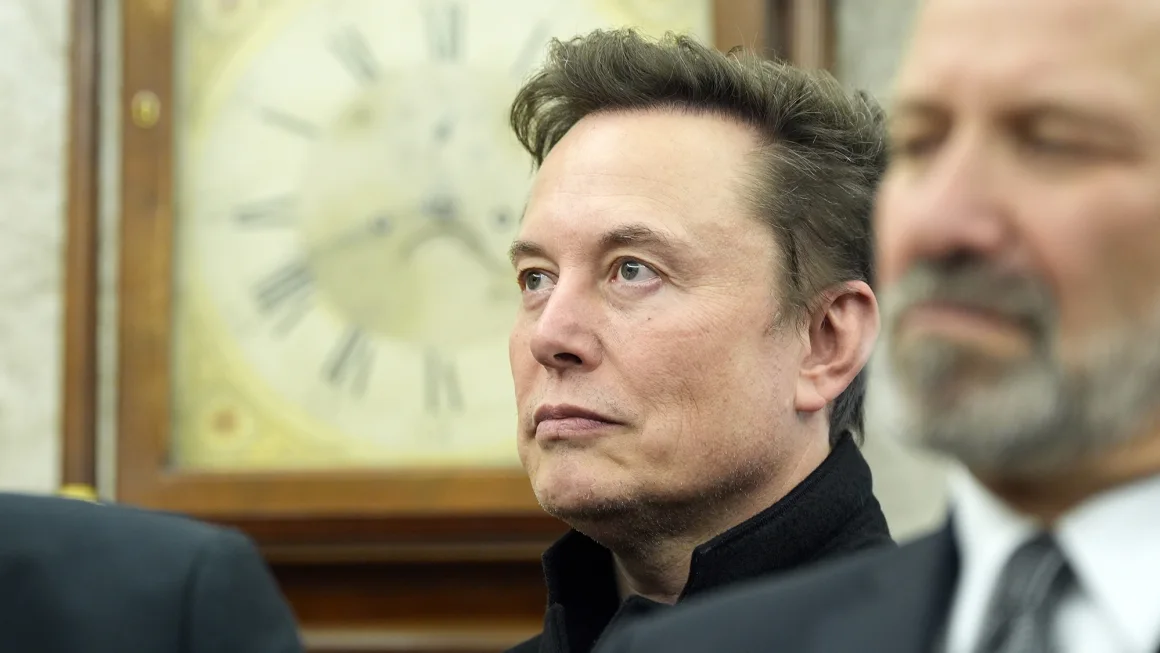JPMorgan Chase CEO Jamie Dimon has warned that stagflation — a troubling mix of stagnant economic growth and rising inflation — remains a real risk for the United States. Speaking during an interview with Bloomberg Television in Shanghai, Dimon emphasized that while he isn’t predicting stagflation, it’s something the U.S. should be prepared for.
“There’s a chance that we’ll have stagflation,” Dimon said, pointing to rising global fiscal deficits, increased military spending, and shifting trade dynamics as inflationary pressures. He stressed that these issues are not limited to the U.S., but part of a broader global trend.
Stagflation is especially difficult for central banks to manage. Raising interest rates to combat inflation risks slowing the economy and increasing unemployment, while lowering rates to boost growth could worsen inflation.
Dimon also criticized what he sees as market complacency and warned that the full economic impact of U.S. tariffs — many implemented under former President Donald Trump — has yet to be fully realized. Trump is currently pushing a major tax cut bill through Congress, which the Congressional Budget Office warns could add trillions to the federal deficit.
Dimon stated on Monday that he believes the risk of stagflation is twice as high as what others have estimated. He also voiced concern about high government spending and trade tensions, arguing these are likely to fuel inflation further.
Despite these concerns, the Federal Reserve has held its benchmark interest rate steady since January. Dimon supported the Fed’s cautious approach, saying it’s wise to wait and assess the impact of fiscal and global factors before making any rate changes.
“The Fed is doing the right thing by following the facts,” Dimon said, acknowledging that while the U.S. economy has managed a “soft landing” so far, it doesn’t guarantee future stability.
His comments come just days after credit rating agency Moody’s downgraded the U.S. credit outlook due to its growing national debt.














